Judge criticises U.S. over Muslim scholar’s visa
By Christine Kearney
NEW YORK (Reuters) – A federal judge criticised the Bush administration on Thursday for delaying a decision on a visa for one of Europe’s best known Muslim intellectuals.
« I have the impression the government steps on the brake and steps on the accelerator depending on what it wants to do, » U.S. District Judge Paul Crotty said during a hearing on whether renowned Swiss theologian Tariq Ramadan can be allowed entry to the United States after being barred since 2004.
The judge said the government had been inconsistent in its handling of the visa applications of Ramadan, 43, who is of Egyptian descent.
« There is not a clarity within the government as to what procedures to follow, I find that very troubling, » he said.
Ramadan teaches at England’s Oxford University and has published more than 20 books on Islam. He has condemned Islamic violence but has been dogged by allegations that he is an extremist despite his public pronouncements.
He is the grandson of Hasan al-Banna, one of the most important Islamist figures of the 20th century. In 1928, al-Banna founded the Muslim Brotherhood, which opposed the ascendancy of secular and Western ideas in the Middle East.
The American Civil Liberties Union filed a suit against Homeland Security Secretary Michael Chertoff and Secretary of State Condoleezza Rice in January for denying visas to foreign scholars, including Ramadan. The lawsuit seeks to overturn as unconstitutional a provision of the USA Patriot Act that bars anyone endorsing terrorism.
The ACLU argued that Ramadan should be immediately granted a visa for pending speaking engagements.
The judge noted Ramadan’s visa has been revoked three times since August, 2004, after he was offered a teaching position at the University of Notre Dame in Indiana.
While the judge did not make a final ruling, he said he must balance the rights of ordinary Americans who could be prevented from hearing speech protected by the First Amendment against the powers of America’s executive branch.
Assistant U.S. Attorney David Jones could not say when the government would make a decision on Ramadan’s visa application, filed more than seven months ago, or why he had been barred.
« The government is telling you that serious issues … have been identified and are being investigated, » Jones told the judge.
A Department of Homeland Security spokesman had told reporters Ramadan’s visa was delayed based on a Patriot Act provision which bars entry to those who endorse terrorism.
However, Jones said Ramadan had not been excluded on those grounds. But he added: « Professor Ramadan, tomorrow, could endorse or espouse terrorism. »
Noting that an Internet search could easily show Ramadan’s views on terrorism, the judge asked, « While the government is pondering the situation do we have to wait two years? »
The judge asked both sides for more information before he would make a ruling, and said Ramadan could use video conferencing technology for his U.S. speaking engagements.
Source : Reuters
********************************************************************
ACLU says Patriot Act excludes Muslim scholar from U.S.
By LARRY NEUMEISTER
April 13, 2006, 6:24 PM EDT
NEW YORK – A judge said Thursday he was troubled because U.S. authorities have not decided whether a leading Muslim scholar can enter the United States to make appearances before organizations that have invited him.
U.S. District Judge Paul A. Crotty said he would consider ordering the appropriate government authorities to decide on the status of Tariq Ramadan so he can resolve a lawsuit brought by the American Civil Liberties Union.
The ACLU accused the government of manipulating the Patriot Act to try to silence the outspoken Swiss intellectual and Muslim scholar, who has been invited to speak in the United States later this month and twice later this year.
The judge said it seemed the Department of State was taking a long time to act on a request by Ramadan last August to enter the country, especially since Ramadan’s case had been active for more than two years. The judge said he was « terribly troubled » by the delay.
« I’ve convinced myself that when the government wants to act, it can act quickly, » the judge said at a hearing Thursday, noting that the government quickly acted on Ramadan’s request in December 2004, when he said he was withdrawing an earlier request to enter the United States.
« You jumped on it like a wolf going after a lamb chop, » the judge said. « I have the impression that the government steps on the brake and accelerator depending on what it wants to do. »
Assistant U.S. Attorney David S. Jones insisted the government was not trying to act slowly in the Ramadan case.
« It’s receiving very serious attention, » he said. « It’s not being put in a drawer. »
He said a decision was delayed because an interview of Ramadan in December identified eligibility issues that needed to be investigated.
Despite this, a visa specialist in the Department of State’s Bureau of Consular Affairs, Christopher R. Dilworth, said in court papers signed March 31 that « government officials have not determined and do not at the present time intend to determine » that Ramadan is someone who endorses or espouses terrorism.
Ramadan, a visiting fellow in Oxford, England, has said he opposes the U.S. invasion of Iraq and sympathizes with the resistance there and in the Palestinian Territories, though he has no connections to terrorism, opposes Islamic extremism and promotes peaceful solutions.
After the judge asked both sides to submit written arguments by the end of April, ACLU lawyer Jameel Jaffer complained that further delay meant Ramadan could not attend this month’s PEN American Center’s World Voices Festival in New York.
« The delay is itself a victory for the government, » he told the judge.
The judge said Ramadan could still appear at the festival through electronic means.
Outside court, Jaffer said it was « great » that the government had backed off an August 2004 suggestion that Ramadan did not oppose terrorism.
« It’s very stigmatizing to have the U.S. government saying you support terrorism, » he said.
Source : Newsday
********************************************************************
Hearing For Muslim Barred by U.S.
By JULIA PRESTON
14 avril 2006
The New York Times
Government lawyers clarified some mysteries yesterday and deepened others in the case of Tariq Ramadan, a Swiss Muslim scholar and leading European theologian of Islam who has been barred by the Bush administration from traveling to the United States since July 2004.
Papers the government presented at a hearing in federal court in New York revealed that, contrary to officials’ statements, a clause in the USA Patriot Act that bans any foreigner who »endorses or espouses terrorist activity » was not the reason Mr. Ramadan’s United States visa was revoked. The government also said it did not intend to bar Mr. Ramadan in the future based on that clause.
But the government also said that Mr. Ramadan’s case had been and remained a national security matter, and that statements he made in recent interviews with American consular officials in Switzerland had raised new »serious questions » about whether he should be allowed to come to the United States.
Neither the government’s documents nor its lawyer, David S. Jones, an assistant United States attorney, explained why Mr. Ramadan was first banned or provided any detail about the new concerns.
The hearing, before Judge Paul A. Crotty in Federal District Court in Manhattan, came in a lawsuit by the American Civil Liberties Union on behalf of three academic and writers’ organizations who have invited Mr. Ramadan to speak. The groups claim their First Amendment rights have been violated because they cannot meet with Mr. Ramadan.
Mr. Ramadan’s difficulties began in 2004, after he had been hired by the University of Notre Dame as a tenured professor. On July 28, 2004, the State Department revoked his visa without official explanation. A spokesman for the Department of Homeland Security told reporters then that the visa had been pulled under the clause barring foreigners who support terrorism.
In December 2004, after Notre Dame unsuccessfully pressed the administration to reconsider, Mr. Ramadan resigned his position at the university and took a nontenured professor’s position at Oxford University in England.
After receiving a raft of invitations to speak in the United States, Mr. Ramadan applied again for a visa in September. He was interviewed twice by consular officials in Bern in December. In a recent interview, Mr. Ramadan said he had spoken openly about his opposition to the American occupation of Iraq.
The government would not predict when it would decide on the visa, leaving Judge Crotty frustrated.
The plaintiff’s »First Amendment rights can’t wait forever, » he said.
One group in the suit, the PEN American Center, has invited Mr. Ramadan to speak at a conference in New York starting April 25.
Judge Crotty did not rule, but indicated he was inclined to order the government to at least make a decision about Mr. Ramadan.
Source : New York Times
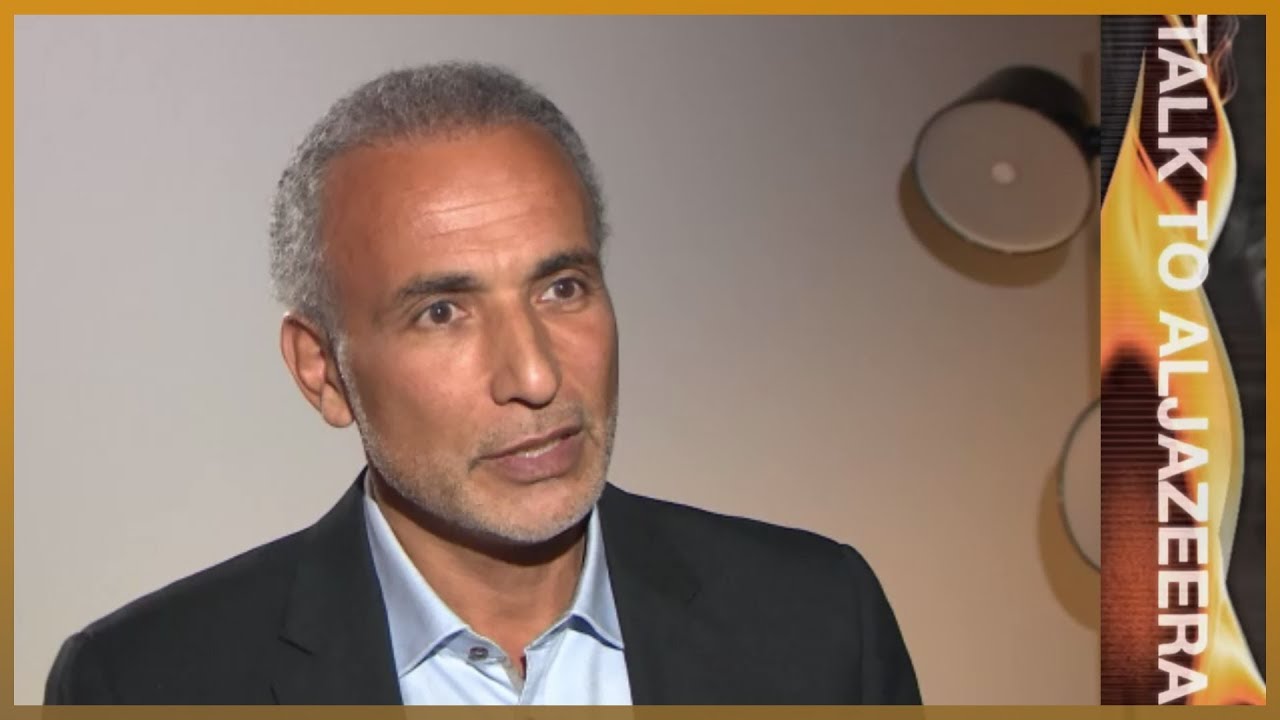

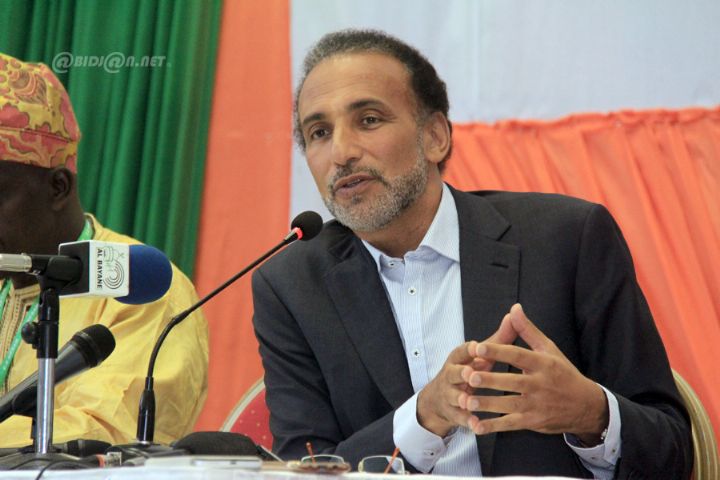
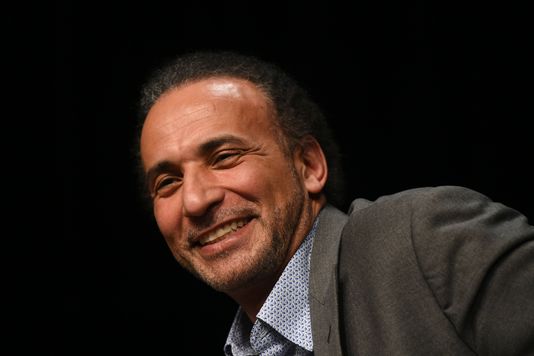
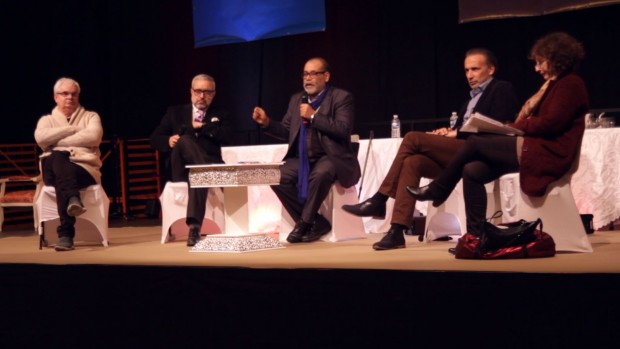
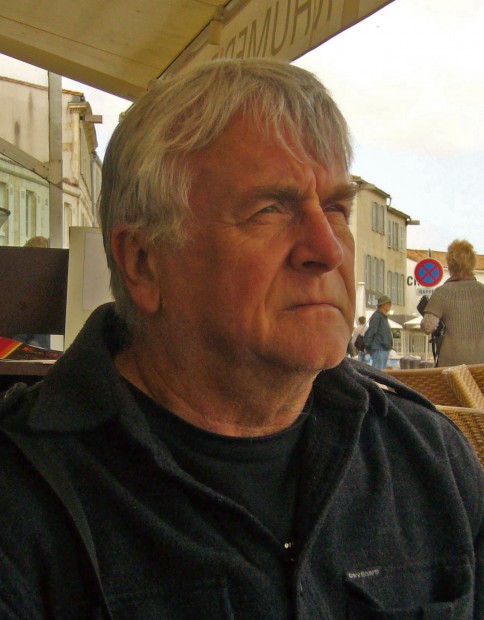



L’éxécutif américain montre encore une fois son caractère dangereux pour les fondements de la démocratie américaine ou d’ailleurs. L’arbitraire, l’esprit sécuritaire, l’autoritarisme face à toute opinion contradictoire quant à sa politique intérieure ou internationale la caractérisent. Il est urgent de contrebalancer l’hyperhégémonie de cet Etat qui se croit vraiment tout permis et qui nourrit la pire des spirales de peur, de violence et d’exploitation des plus démunis.